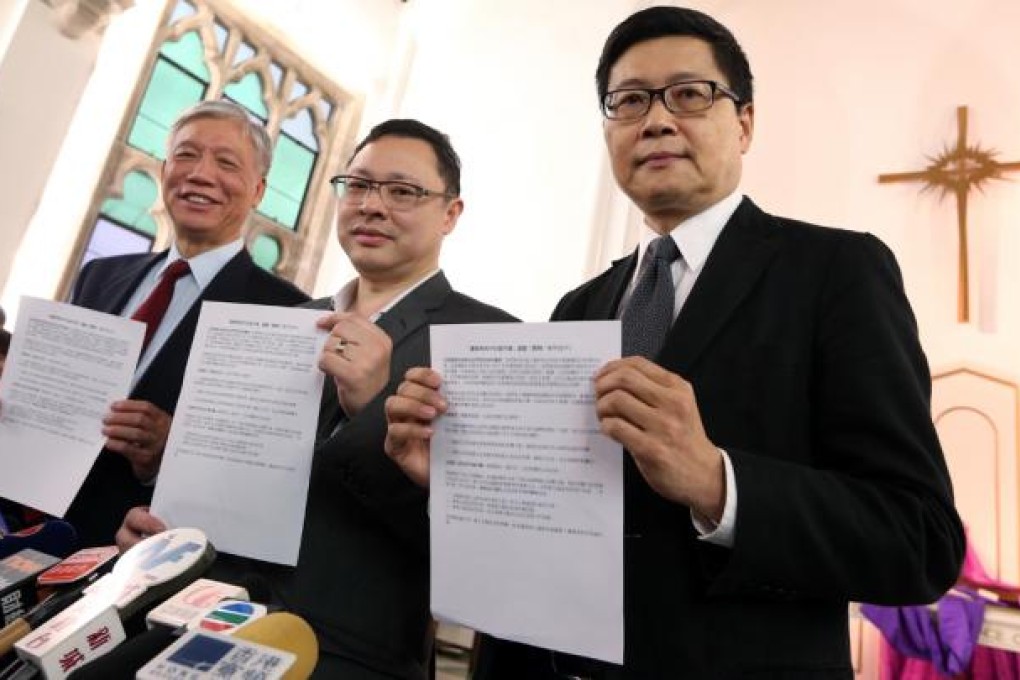Wiser to shut out Hong Kong's media echo chamber
Lau Nai-keung says extreme views and horror stories only distort reality

Recently, some visitors from the mainland recounted their happy experiences here in Hong Kong. Contrary to their impressions from the media before they came here, they found that Hongkongers are, on the whole, courteous and helpful. During their short stay, the tourists encountered no hostility or discrimination.
Of course, such stories are anecdotal, but no more so than the horror stories reported in the media and the "war cries" on the web. If our hospitality towards mainland visitors is as poor as some people want us to believe, how can you explain that, on average, some 100,000 of them continue to flock here every day?
In this vein, when I saw a recent online poll in this newspaper indicating that 95 per cent of respondents (at the time of writing) believed Hong Kong people favoured reverting to British rule, the figure was so incredible that I didn't even laugh; I just rolled my eyes in exasperation.
If the figure had been around 10 per cent, I would have taken a serious look, and if the figure was perhaps 35 per cent, then I would have laughed. But 95 per cent? I know the results are from a highly biased sample of English speakers, but still …
Much of the media nowadays resembles a mirror at a funfair, which never renders the truth of what is actually around us, but instead reflects distorted images.
This is especially true given the now fashionable brand of journalism where facts and commentary are frequently mixed together and reporters who are mostly young and inexperienced tend to fuse their political bias into their reporting. Many intentionally use their self-righteousness as a political weapon. Some people have become so engrossed in this game that they do not take the distortions at face value but instead use them to attack others who do not share their perceptions.
The internet exacerbates this phenomenon as it tends to group together like minds. On Facebook, for example, practically all an account holder's friends share similar views and, as a result, that person tends to think they are right and their views represent those of the majority. There is also a feeling of power when, at a click, you seem to be able to summon thousands of people into concerted action.